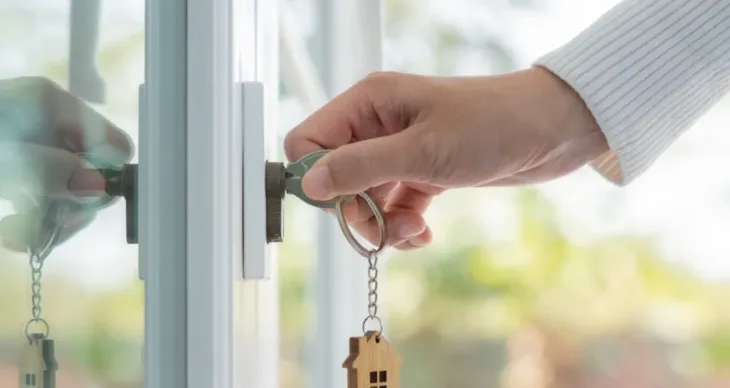Inflation can significantly impact the financial landscape for homeowners, often leading to higher borrowing costs that make homeownership more expensive. As lenders adjust mortgage rates to protect their returns, homeowners may find themselves facing increased monthly payments, stretching their budgets thin.
Whether you’re buying a new home or considering refinancing an existing mortgage, understanding the effects of rising interest rates is crucial. By locking in a lower rate sooner rather than later, homeowners can potentially save money over the long term and mitigate the financial strain of inflation.
Additionally, inflation drives up home prices as the cost of building materials and labor increases. While this rise in property values can benefit current homeowners by boosting home equity, it also poses challenges for prospective buyers who may struggle with higher purchase prices.
Moreover, inflation exacerbates existing housing shortages, making it harder to find affordable homes as new construction slows down due to rising costs. For homeowners, these market conditions also mean that the price of home maintenance and improvements is on the rise, requiring careful budgeting and consideration of financing options like home equity loans.
Staying informed about inflation trends and planning strategically can help homeowners navigate these challenges and maintain their financial stability in an increasingly competitive market.
Higher Borrowing Costs
Inflation often leads to higher mortgage rates as lenders adjust to protect their returns. For homeowners, this means higher monthly mortgage payments, making it more expensive to finance a home. If you’re considering buying a house or refinancing an existing mortgage, it’s crucial to understand how rising interest rates can impact your budget. Locking in a lower rate sooner rather than later can save you money in the long run.
Soaring Property Values
As inflation rises, so do home prices. This increase is partly due to higher costs for building materials and labor, which get passed on to buyers. For current homeowners, rising property values can increase home equity, making a home equity loan or home equity line of credit more attractive options.
However, for prospective buyers, it means higher purchase prices, which can stretch budgets and make homeownership less accessible.
Housing Shortage
Inflation can worsen existing housing shortages. Higher costs for construction materials and labor slow down the development of new homes, limiting supply.
This shortage drives up demand and prices, making it harder for people to find affordable homes. Homeowners might find that their property values increase, but the overall market becomes more competitive, making it essential to plan carefully if considering a move.
Expensive Upgrades and Repairs
For homeowners, inflation also means higher costs for home maintenance and improvements. The prices of materials like lumber, steel, and concrete have all risen, as have labor costs. This makes everything from routine repairs to major renovations more expensive.
If you’re planning significant home improvements, it’s wise to budget for these increased costs and consider financing options like a home equity loan to cover expenses.
Navigating the Challenges
Homeowners must stay informed about inflation trends to make strategic financial decisions. Whether it’s refinancing to lock in a lower interest rate, tapping into home equity for necessary repairs, or simply understanding market conditions, being proactive can help mitigate the impacts of inflation.
Exploring options like rent relief programs might not apply directly, but understanding all available financial assistance can be beneficial in managing overall housing expenses.
Inflation significantly impacts homeowners by driving up mortgage rates, home prices, and the cost of materials and labor. Staying informed and exploring financial strategies can help homeowners navigate these challenges and maintain their financial stability.




